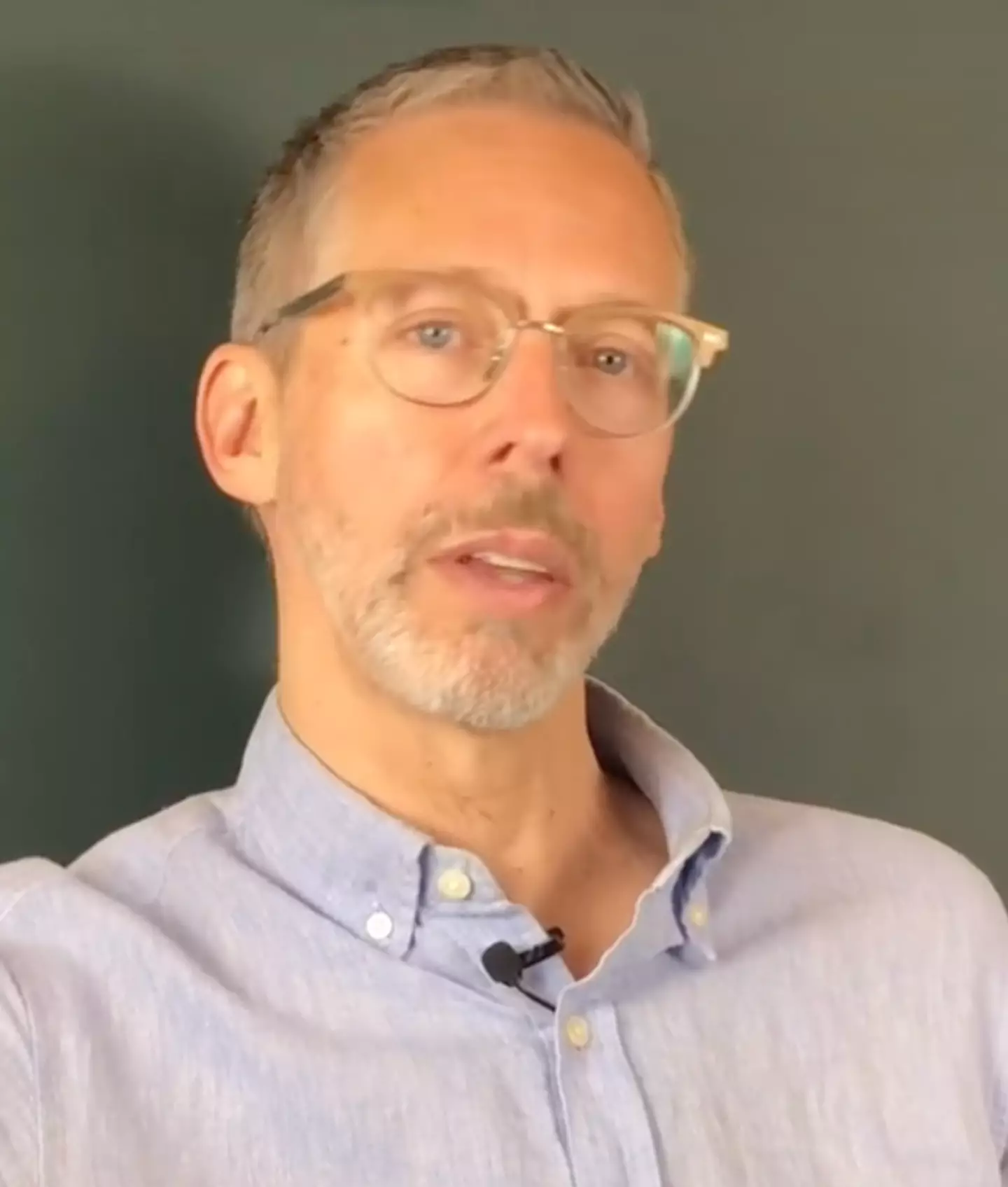
An expert in psychology has broken down four reasons why people fall for conspiracy theories 'in spite of all the evidence available' to support fact.
We've all come across someone who chooses to take a different route when it comes to their beliefs on certain topics, whether it's in the form of an old schoolmate spouting unfounded claims on Facebook or a wacky relative who takes any random thing they see online to be the truth.
David Hundsness, who holds a BA in Psychology from the University of California, pointed out that it's 'weird' so many people choose to believe 'alternative facts' about subjects such as coronavirus, the moon landing and the 2020 election, and explained there are reasons behind these beliefs in a series of videos on TikTok.
Advert
The first reason, Hundsness said, is due to a 'lack of information'. Using the start of the COVID-19 outbreak as an example, the expert explained that conspiracy theories can help 'fill that gap' when there is a lack of known information about a particular topic, and that for some people it 'doesn't even matter if that answer is correct' as it's more favourable to have an answer than to have no explanation at all.
Another reason people become convinced by conspiracies is due to 'anxiety', as they can offer information about 'who the enemy is or where the threat is coming from', meaning the prospect of whatever the theory is about doesn't feel so 'unpredictable and random', perhaps making it more manageable.
The third reason Hundsness put forward is the likelihood of 'following your in-group', such as a political party. Again using the coronavirus outbreak as an example, Hundsness said: "Whatever your political party believed, you were more likely to believe, partly because those are the people who you trust, and partly because you want to stay in favour in your in-group."
Finally, we have 'ego', which the expert claimed 'fuels every conspiracy theory'.
Advert

Hundsness claimed that people who believe conspiracy theories 'believe they are in a special group of independent thinkers who know the truth', noting: "Who wouldn't want to feel special?"
"It is tempting, and for many people that praise and special feeling is worth the trade off of other people ridiculing and insulting them", the expert said.
He went on to say that ego is 'the only common route of all conspiracy theories', explaining that while the first three reasons 'help to spread conspiracy theories', they are not 'required' in order to make people fall for them.
Topics: TikTok, Conspiracy Theory, Viral